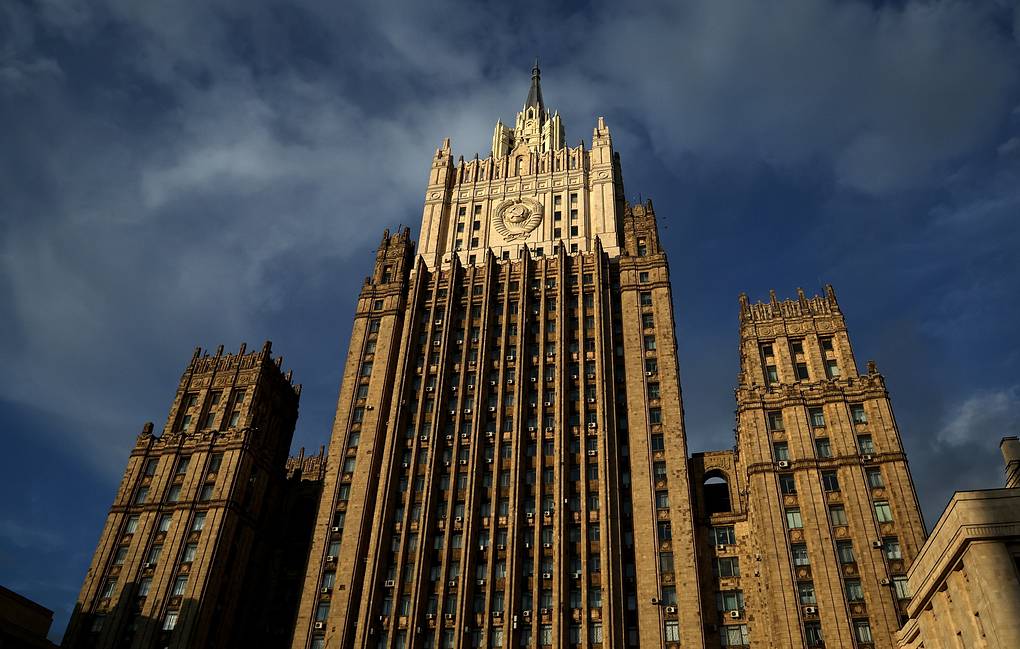MOSCOW, August 6. /TASS/. Russia considers any interference in Niger’s domestic affairs counterproductive, said Oleg Ozerov, the Russian Foreign Ministry’s ambassador-at-large and head of the Secretariat of the Russia-Africa Partnership Forum.
"Russia views events in these countries as their internal affair and Russia does not interfere in these processes. We do not think that meddling into Niger’s affairs now can help out in any way, on the contrary, it may be counterproductive," he told the Radio Rossiyi station.
The diplomat noted that such events are usually triggered by multiple issues related to social, political, economic, ethnic and religious processes within the country, so it is important to let Nigerien people to settle the situation on their own. "Russia does not wreak chaos, it does not plot or conduct overthrows, something Western countries are trying to accuse us of doing. Russia is helping African countries at their request," the envoy stressed. He added that this rhetoric aims to camouflage the failure of Western policy on the African continent which is "now being rejected not just by the regimes but by the people of these countries."
On July 26, military rebels in Niger announced the removal of President Mohamed Bazoum, closure of national borders, introduction of a curfew and suspension of the constitution, as well as a ban on political parties. On July 28, they declared that General Abdourahmane Tchiani had become head of state. During the coup, Tchiani headed the presidential guard, units of which physically seized President Bazoum and continue to hold him. The mutineers who captured power in Niger also denounced military agreements with France on the stationing of French military units and the status of troops present within the framework of fighting Jihadist groups.
The Economic Community of West African States (ECOWAS) condemned the coup and gave the mutineers a week to restore constitutional order, threatening to take measures up to military intervention.
On August 4, the participants of the 3-day emergency meeting of the ECOWAS top military leadership in the Nigerian capital city of Abuja adopted a plan of possible military intervention in Niger.
